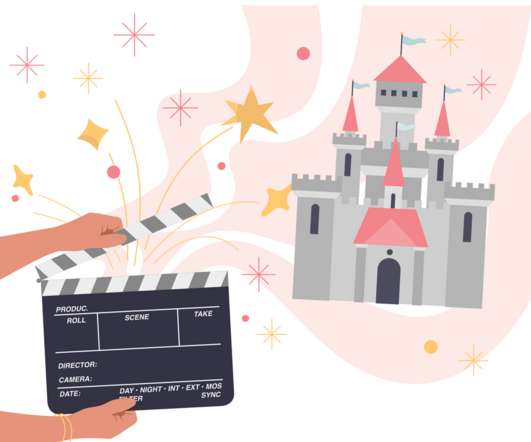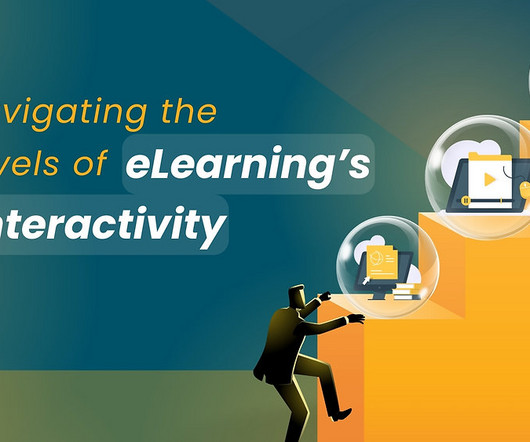4 Learning Theories Every Online Educator Should Know
LearnDash
FEBRUARY 2, 2021
During the twentieth century, four major learning theories emerged, and each has lessons that online educators can learn from to design better courses. Customer service: Managing stress, practicing responses. Group projects , class debates, and flipped classrooms all fit well into this learning theory.














































Let's personalize your content